I’m Kevin. I am a Kenyan freelance documentary photographer, specifically working with NGOs and nonprofits around East Africa. In my work, I meet many volunteers, both fresh-faced and seasoned travelers, who often ask me for advice about volunteering, photography, and travel etiquette in Africa. Here are seven recommendations I urge them and every future volunteer to consider before they come.
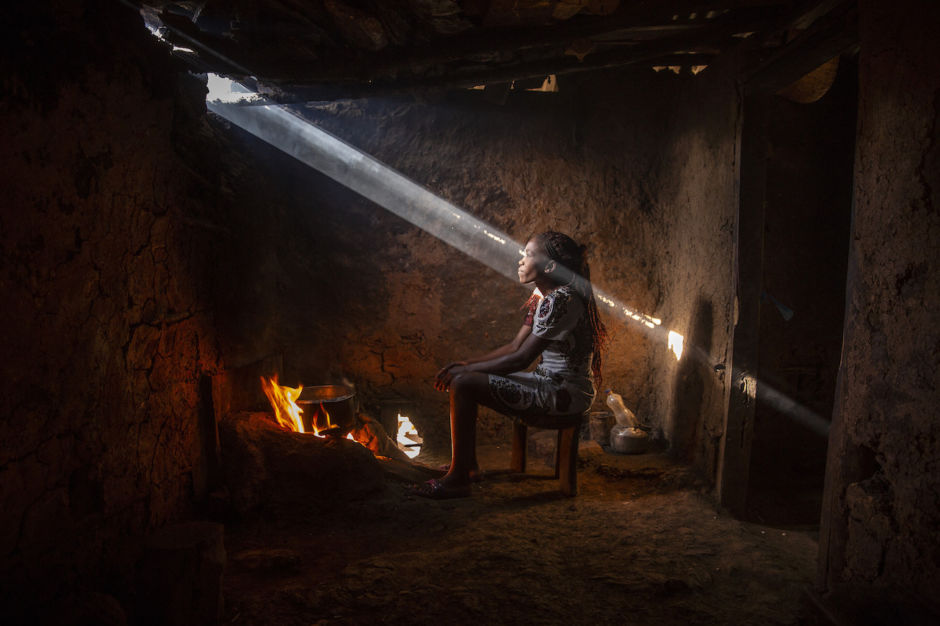
Swap saying “Africa” for the actual place name.
Africa is huge. You can fit the continental USA, China, and India all on the continent with space to spare. And it has about as many cultures, languages, and regions as all those places combined, too. Yet, much of the world talks about it like it’s just a single country and we don’t care for it. When people say “I am going to Africa,” it’s much too vague. Saying the actual country you’re headed to helps twofold: one, it will challenge you, personally, to learn more about where you’re going, and two, it will engage those you’re conversing with. They may have never even heard of the place you’re going to and may wonder where specifically it is. So, where are you going? Togo? Gabon? Seychelles?

Do your research.
There are many misconceptions out there about my continent, and many stereotypes, too. As you research your destination, strive to learn about not just its time zone and currency but about its history, positives and negatives, its issues, its culture, and its food. Strive to learn about its ties with colonialism, its rise to independence, and don’t shy away from the hard stuff. A quick Google search will reveal extensive book lists for that place (not just Lonely Planet) that will probably include all sorts of genres (historical accounts, novels, etc.) Dive in before you go to learn as much as you can, and do yourself a favour and dive in again afterwards, too.
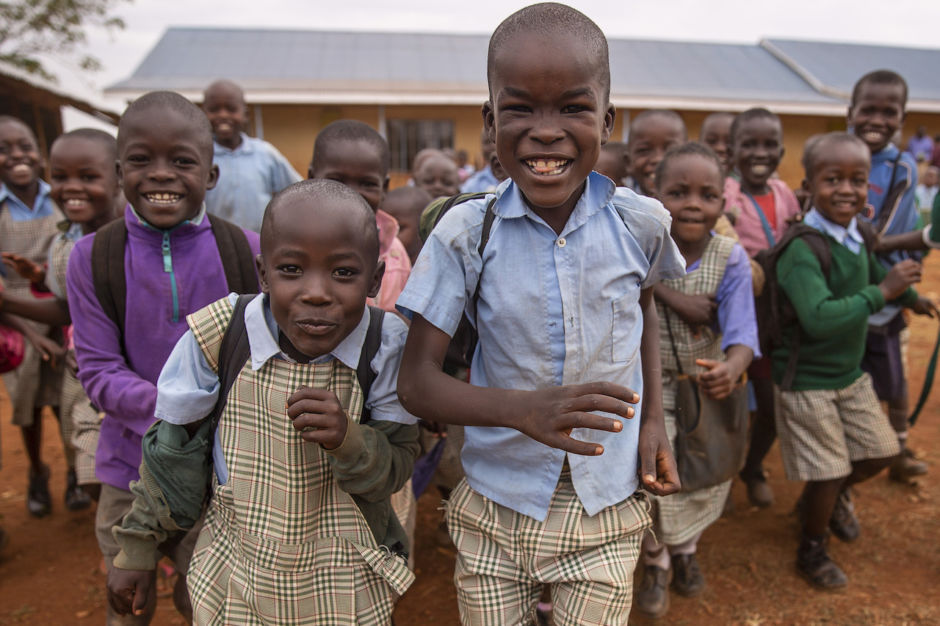
Ask before taking photos, especially of children.
On safari or a wildlife excursion, sure, snap away. But all too often I see people take their safari photography habits to the streets and villages and apply it to people, and it’s not cool. You will undoubtedly see colors, textiles, and styles of dress that are fascinating to you - or perhaps it’s the everyday life that draws you in. Whatever it is, if people are involved, ask permission. It’s as simple as gesturing to your camera with a shrug and a smile. Respect people’s wishes if they say no, or wave you away. We’ve had too much exploitation on this continent as it is, we don’t need to add unwanted photography to the list. For children, even if they come running towards you, you still need to look for a parent or guardian to ask for permission before taking their pictures. What about where you’re from? What are the rules around photos of children there?
Intermission
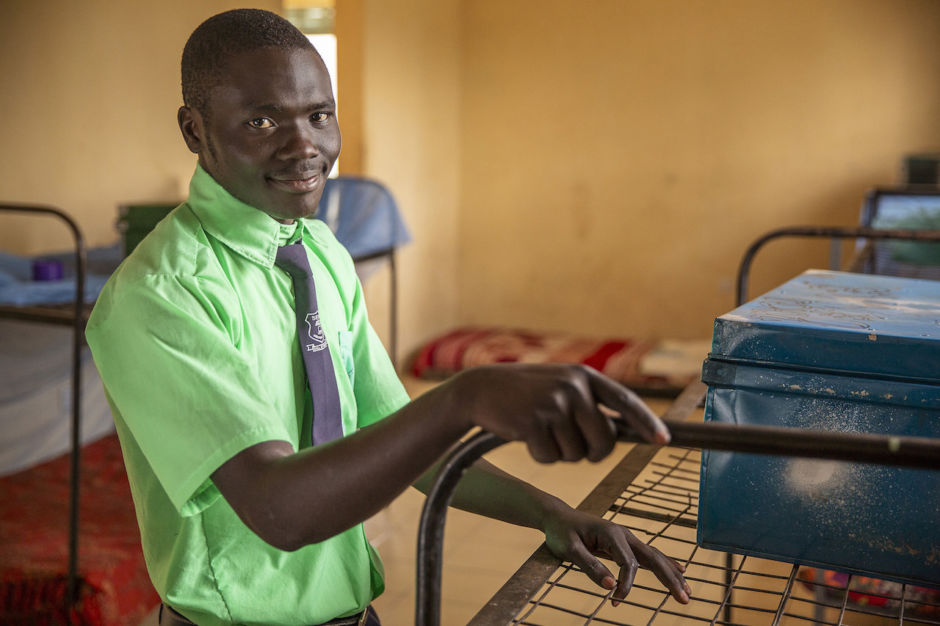
Make the photos about them.
Learn how to ask someone’s name, if this is their home, if these are their children. Try to piece together a bit about who they are, and write it down. If you share that photo, make it about them, not you. Instagram is awash with selfies of bright, shiny volunteers in the middle of a throng of poor faces. Make it about them, not about you.

Eat what’s offered.
Each African country has its own staple foods and we love to share these foods with our visitors. If offered something to eat, it would be insulting - even humiliating - to turn it down. To your hosts, it would say: “this is not good enough for me.” Some people may rush to offer you the very best of what they have, or even a prized possession. You may need to politely decline the possession several times (do admire it though), but always accept the food.
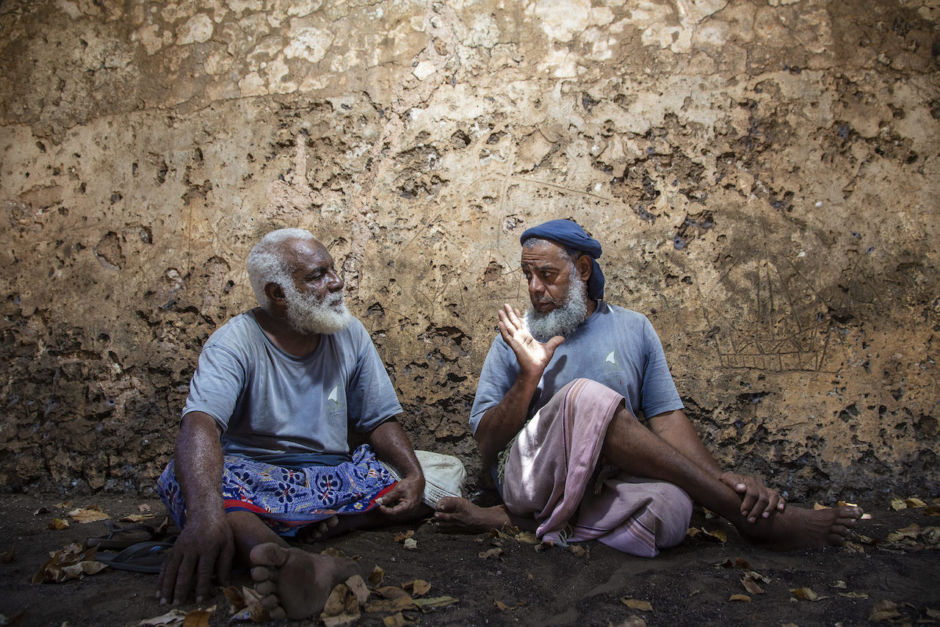
Avoid the messiah complex.
You may want to change the world for the better - and that’s great. But you’re not going to save Africa. Africans will save themselves. You’re welcome here: come and help in the ways that you can, with your talents, time, and skills, but aim to empower, and be willing to learn from us, too. The way you do it where you’re from may not work here, and we will have some genius solutions of our own. Aim to leave an impact, but make space to be impacted in return.
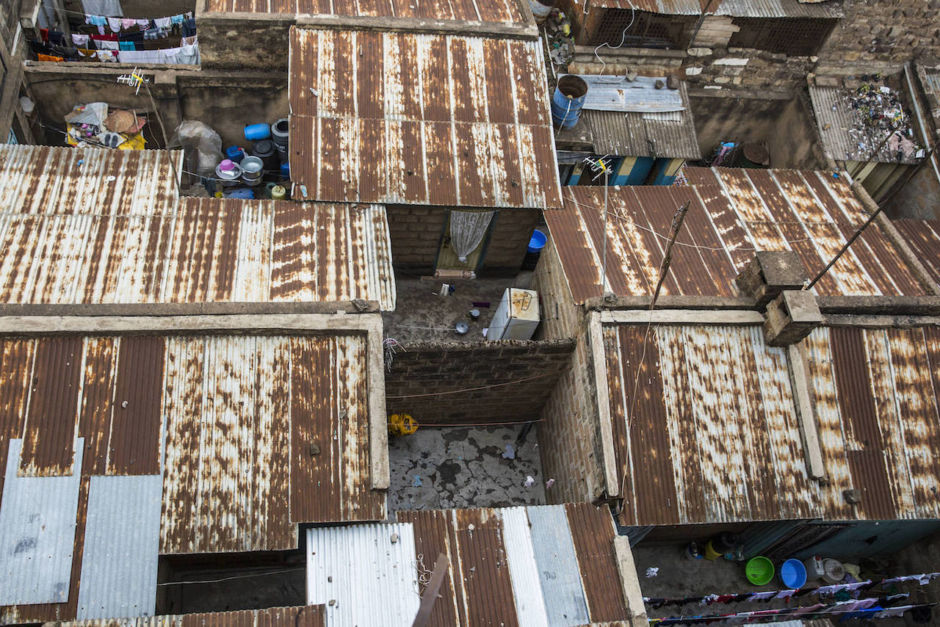
Manage your expectations.
Chances are, things may feel a little different here. Of course, it depends on where you go and what your budget is, but you may find the hotels, transportation, roads, and stores to be very different from yours back home. You may not find all your favorite snacks, or name-brand shops, and the bus may not be on time or even show up. But if you can set aside what you hoped it would be like and learn to accept how things are here, you’ll see Africa for the remarkable, diverse continent it truly is, and you’ll quickly fall in love.
